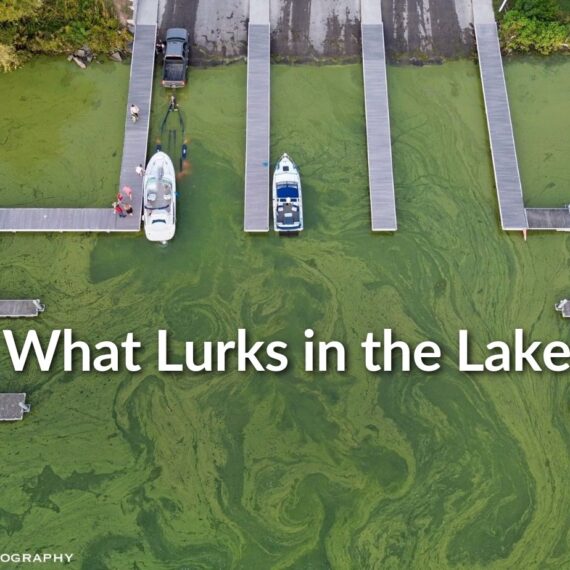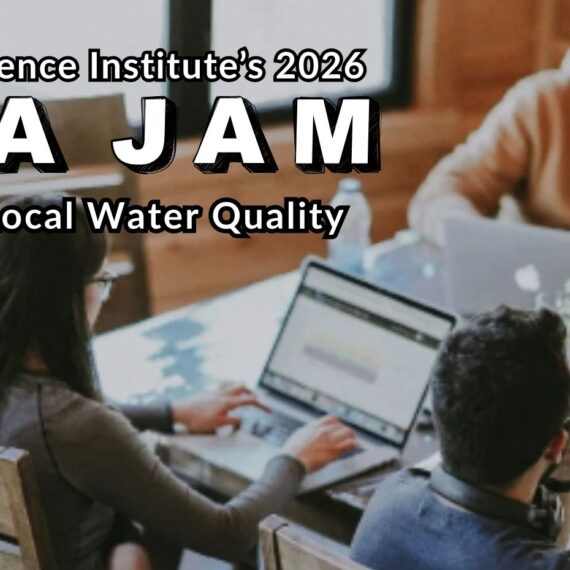Nearly 2 million New Yorkers rely on private wells for drinking water. Most of them have never done extensive testing to know what’s in their water. Now, thousands of Otsego County residents have a very good idea of their water quality, thanks to a recent initiative to document baseline water quality in advance of hydrofracking, which may or may not be approved in New York.
The Otsego County Conservation Association (OCCA), a nonprofit organization based in Cooperstown, recently contracted with the Community Science Institute (CSI), to collect water samples from 76 homes and 7 municipalities for pre-fracking baseline analysis. At least one sample was taken from a well in each of the municipalities in Otsego County. This project is a welcomed addition to CSI’s online groundwater database, which now holds an unprecedented baseline data set of comprehensive results from over 250 private wells in New York state.
OCCA raised over $80,000 in order to complete their “What’s In Our Water?” project, which will have major significance in gaining a better understanding of groundwater chemistry and subsequently mapping aquifers. “Understanding the characteristics of our drinking water – identifying the chemical signatures of our wells and aquifers – is important” said OCCA President Vicky Lentz, “We know we have an abundant supply of good, clean water here, but we need to learn more.”
Out of the 83 wells tested, only 17 (20%) exceeded a state or federal standard for drinking water. Twelve of these exceeded the 5 NTU standard for turbidity in unfiltered public water supplies, and the remaining five were over the limit for iron and/or manganese. All samples were collected pre-treatment, and most of the homes with exceedances said they treated or filtered the water before using it for drinking. About half (46%) of the wells contained detectable amounts (0.001 mg/L or 1 part per billion) of methane gas, while only 7% contained more than 10 mg/L, which is the level at which it is recommended that homeowners routinely monitor methane levels due to potential explosion hazard. Researchers the Catskill Headwaters Research Institute (CHESRI) have analyzed the results in a recently compiled report, which will be released soon.
CSI’s online database is the central feature of the Regional Baseline Intiative, which seeks to collect credible baseline water quality data prior to hydrofracking taking place in New York and put that knowledge in the public domain. When homeowners get their well water tested with CSI, they are asked to participate in the Regional Baseline Initiative by allowing their test results to be submitted to the database in an anonymous format to protect their privacy. Over 85% of homeowners have given permission for their results to be included in the database. Visitors of the database can view test results in aggregate, by county, square mile grid, or view results from an individual well. Users can search and download data for further analysis or to explore regional water quality.
CSI’s database can be viewed at www.communityscience.org/database



